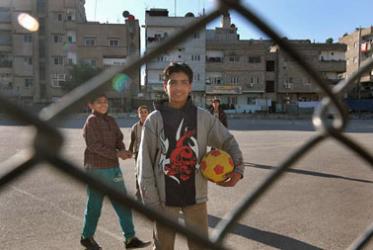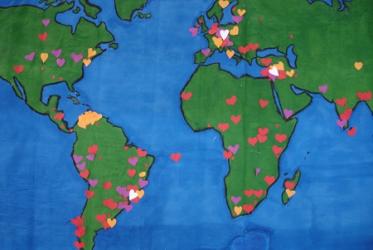Displaying 81 - 96 of 96
29 June 2010
Migrants, too, have human rights
01 December 2008
People in northern Uganda are ready to forgive the LRA rebels
05 November 2008
International ecumenical delegation to visit Uganda
23 October 2008
WCC delegation met with Syria's Assad
24 April 2008
The evil of violence can be overcome - every day
05 September 2006
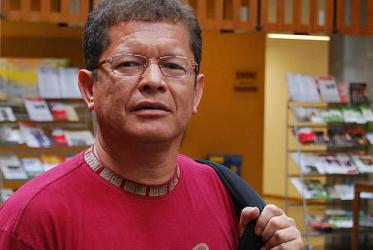
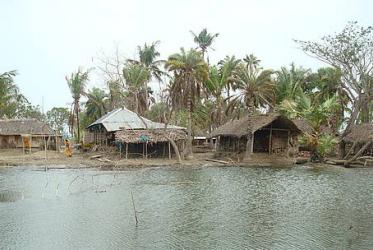

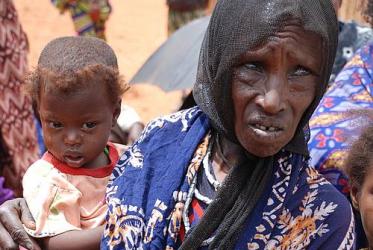
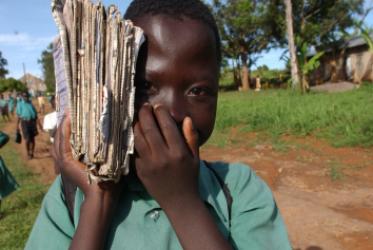
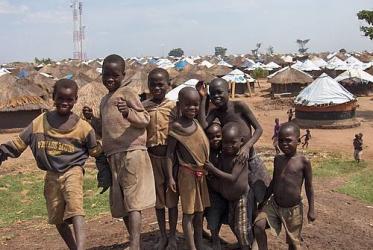
!["All Iraqis are trying to leave," Clara - a young woman working for the Greek Orthodox Patriarchate in Damascus and a refugee herself - told the WCC delegation. "Since one year the United Nations tell us that they will find a solution [for Iraqi refugees in the region], but nothing happens." "All Iraqis are trying to leave," Clara - a young woman working for the Greek Orthodox Patriarchate in Damascus and a refugee herself - told the WCC delegation. "Since one year the United Nations tell us that they will find a solution [for Iraqi refugees in the region], but nothing happens."](/sites/default/files/styles/teaser/public/newsItem/wjV59XHs.jpeg?itok=YIkp9xNl)


